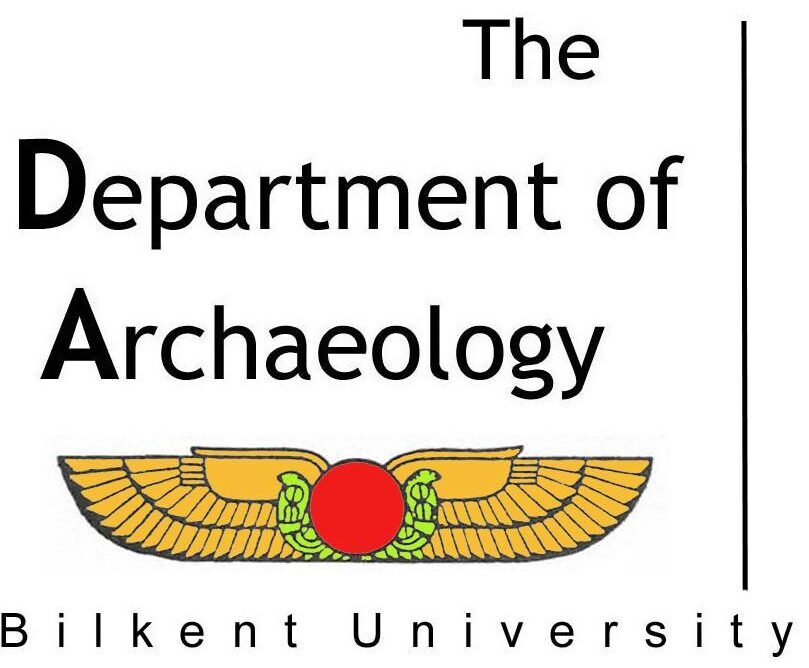Graduate Program
The Department of Archaeology offers an MA Program that focuses on the archaeology and art of Anatolia from the Prehistoric to the Medieval period within its Mediterranean and Near Eastern contexts. Instruction is primarily through courses that encourage independent research, and emphasis is placed on individuality of thought and a thorough knowledge of the field and the application of critical methods to archaeological problems. Students are also offered the opportunity to accrue teaching experience in the Department and to participate in research and field projects conducted by members of the Department and affiliated institutions.
MA Program comprises 2 semesters of coursework and 2 semesters dedicated to the design, analysis and writing of the MA dissertation. The entire MA Program needs to be attended in person. After completing this program, most students continue toward their PhD studies enrolling at universities in Türkiye, Europe and North America.
Click here to read the degree’s curriculum.
Admission
Applicants are normally expected to have an undergraduate major in archaeology, history of art, anthropology, or a related subject, and must demonstrate good English proficiency. Students from other disciplines or with minor tracks in archaeology and related disciplines are also eligible for the program but will undergo one or two semesters of preparatory courses prior to the beginning of the Master’s program.
Scholarships:
Scholarships, based on merit, are available for MA study (including an academic preparatory year), for both Turkish and foreign students. A scholarship typically consists of a full tuition fee waiver, a shared dormitory room, and a monthly stipend.
Degree Requirements:
The taught component of the MA program includes a minimum of seven courses (21 credits) offered by the Department of Archaeology, in addition to the HART 590 Seminar and the preparatory modules (GE 500) offered university-wide.
It runs for the first two semesters and comprises the following:
- Two compulsory courses, HART 519 (Research Directions for Anatolian Archaeology and Art), and HART 501 (Issues in Archaeological Theory);
- Three core electives: these will need to be drawn from the courses offered by the department for that academic year;
- Two restricted electives: these can be drawn from the pool of the courses offered by the Archaeology Department as well as other Departments in Bilkent. A special agreement with METU’s Settlement Archaeology Department also allows to take courses there;
- The HART 590 Seminar, which tracks the student’s participation in activities in the department or advertised by the department (graded with a pass/fail). Students need to participate in at least 80% of the activities to receive a pass;
- The preparatory GE 500 modules (Research Methods and Academic Publication Ethics).
Furthermore, in order to be able to successfully complete the MA Program, the MA student needs to keep their cumulative GPA (CGPA) higher than 3.00, and pass all curriculum courses with at least a “C” grade.
The MA dissertation is conceived as an original piece of research that represents the culmination of the student’s MA education, to be prepared during the 3rd and 4th semesters. The student will be in charge of deciding the thesis’ topic and title and will accordingly choose a Faculty member as Thesis Supervisor. Note that the title of the thesis can be changed up until the submission of the complete dissertation.
The main text of the MA dissertation will be no less than 15.000 words and no more than 20.000 words, excluding appendices and bibliography. Preparing the thesis allows the MA student to take up an intellectual adventure, the investigation in detail of one aspect of the archaeology, art history, or museology of Türkiye and surrounding regions. The completed thesis should be a purposeful, clearly written and well-organized work, supported by evidence, that demonstrates mastery of research techniques and scholarship in the chosen area of study.
Participation in a field project is considered a valuable component of a student’s training. Although not required, students are strongly urged to take part in an archaeological excavation, sponsored either by the Department or by another research institution. Research work in museums or laboratories may also provide a stimulating hands-on experience. In addition, MA students have the possibility of spending a semester at a European university under the auspices of the Erasmus Exchange Program.
